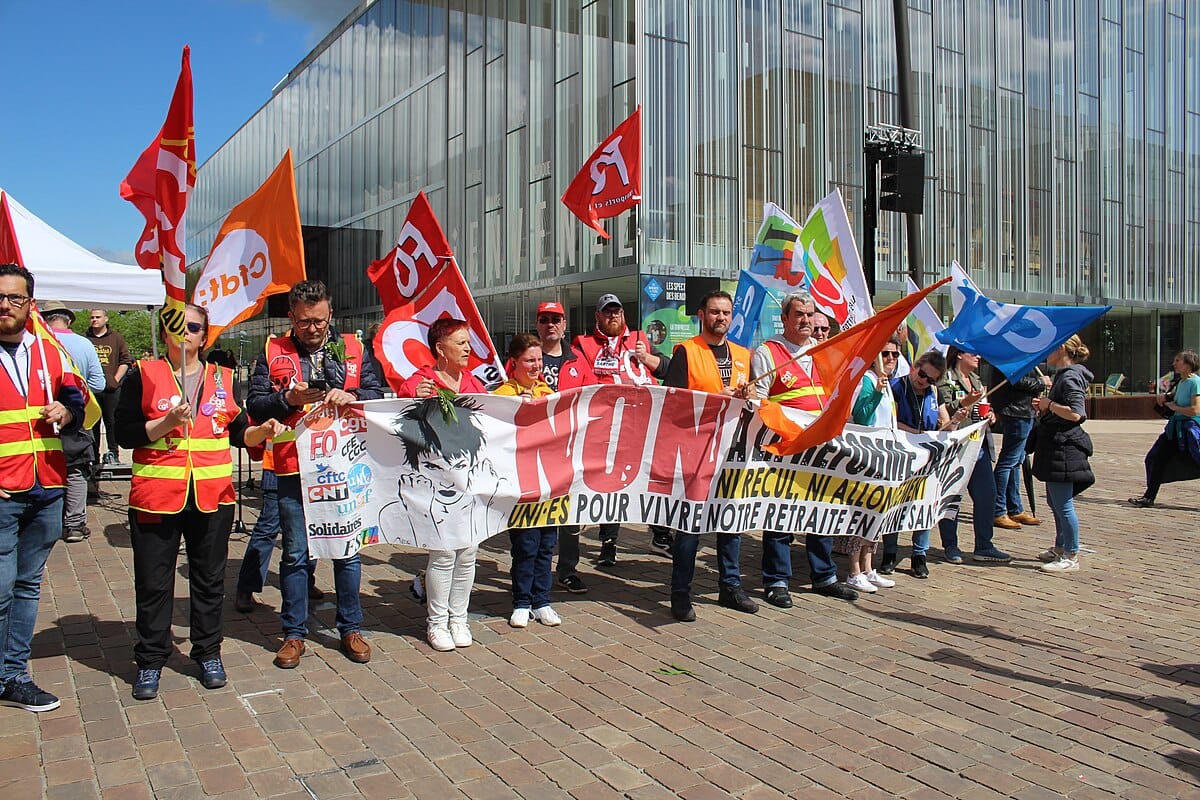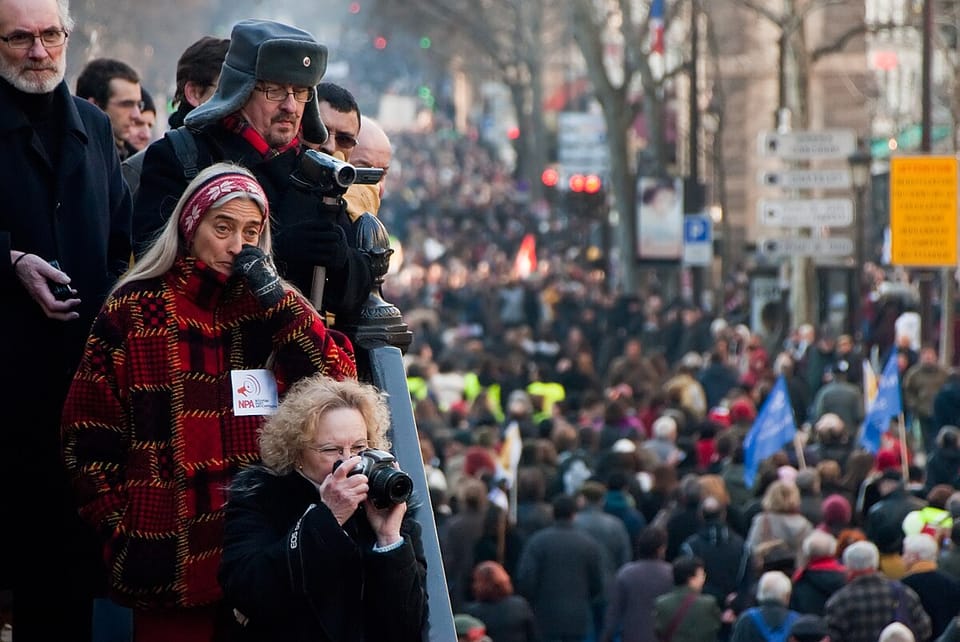Labor Day : barbecue ou lutte sociale ? (Level B1-B2)

Aux États-Unis, le Labor Day ne se fête pas le 1er mai comme dans le reste du monde. Ici, c’est le premier lundi de septembre. Mais pourquoi cette différence ?
Aux origines : Chicago, 1886 :
Le 1er mai trouve son origine… aux États-Unis ! En 1886, des ouvriers de Chicago se mettent en grève pour de meilleures conditions de travail, comme la journée de 8 heures. La manifestation tourne au drame : une bombe explose, plusieurs personnes sont tuées, et huit anarchistes sont condamnés, dont quatre exécutés. En mémoire de ces événements, les syndicats européens choisissent le 1er mai comme journée internationale des travailleurs.
Mais en Amérique, le président Grover Cleveland refuse d’associer une fête nationale à un mouvement jugé trop « socialiste » et « révolutionnaire ». En 1894, il choisit donc une autre date : le premier lundi de septembre, déjà célébré localement à New York depuis 1882 par le syndicat Central Labor Union.
Officiellement, le Labor Day reconnaît « les réussites sociales et économiques des travailleurs américains ». Dans les faits, c’est surtout devenu un long week-end de barbecues, parades, soldes géantes et rentrée scolaire. Beaucoup d’Américains voient ce jour comme la fin de l’été plutôt que comme une journée de lutte sociale. Depuis les années 1980, avec l’affaiblissement des syndicats, le côté militant est passé au second plan.
Mais le contraste avec l’Europe est frappant : en France par exemple, le 1er mai est encore marqué par des cortèges syndicaux, des manifestations et la fameuse vente du muguet dans les rues. Le Labor Day américain, lui, illustre un choix politique : celui de mettre en avant le travail et la prospérité, plutôt que la contestation sociale.
En 2025, les choses changent peut-être. Avec l’inflation depuis plusieurs années, les inégalités et un climat social tendu, de plus en plus de jeunes Américains redécouvrent l’importance de la lutte syndicale. Des manifestations sont prévues partout dans le pays, comme celle du mouvement « Workers over Billionaires », qui dénonce la concentration des richesses.
Alors, ce lundi 1er septembre 2025, le Labor Day sera-t-il un simple week-end de farniente… ou le retour d’une fête vraiment engagée ?
TRADUCTION :
Labor Day: Barbecue or Social Struggle?
In the United States, Labor Day is not celebrated on May 1st like in the rest of the world. Here, it takes place on the first Monday of September. But why this difference?
The Origins: Chicago, 1886:
May 1st actually comes from… the United States! In 1886, workers in Chicago went on strike for better working conditions, such as the eight-hour workday. The protest turned tragic: a bomb exploded, several people were killed, and eight anarchists were condemned, four of them executed. In memory of these events, European unions chose May 1st as International Workers’ Day.
But in America, President Grover Cleveland refused to link a national holiday to a movement seen as too “socialist” and “revolutionary.” In 1894, he chose another date: the first Monday of September, already celebrated locally in New York since 1882 by the Central Labor Union.
Officially, Labor Day recognizes “the social and economic achievements of American workers.” In reality, it has mostly become a long weekend of barbecues, parades, big sales, and back-to-school preparations. For many Americans, this day marks the end of summer rather than a moment of social struggle. Since the 1980s, with the weakening of unions, the militant side has faded into the background.
But the contrast with Europe is striking: in France, for example, May 1st is still marked by union marches, demonstrations, and the traditional sale of lily of the valley in the streets. The American Labor Day, on the other hand, reflects a political choice: to highlight work and prosperity, rather than social protest.
In 2025, things may be changing. With several years of rising inflation, growing inequalities, and a tense social climate, more and more young Americans are rediscovering the importance of union action. Demonstrations are planned across the country, such as those organized by the movement “Workers over Billionaires,” which denounces the concentration of wealth.
So, this Monday, September 1st, 2025, will Labor Day be just another long weekend of relaxation… or the comeback of a truly engaged holiday?




